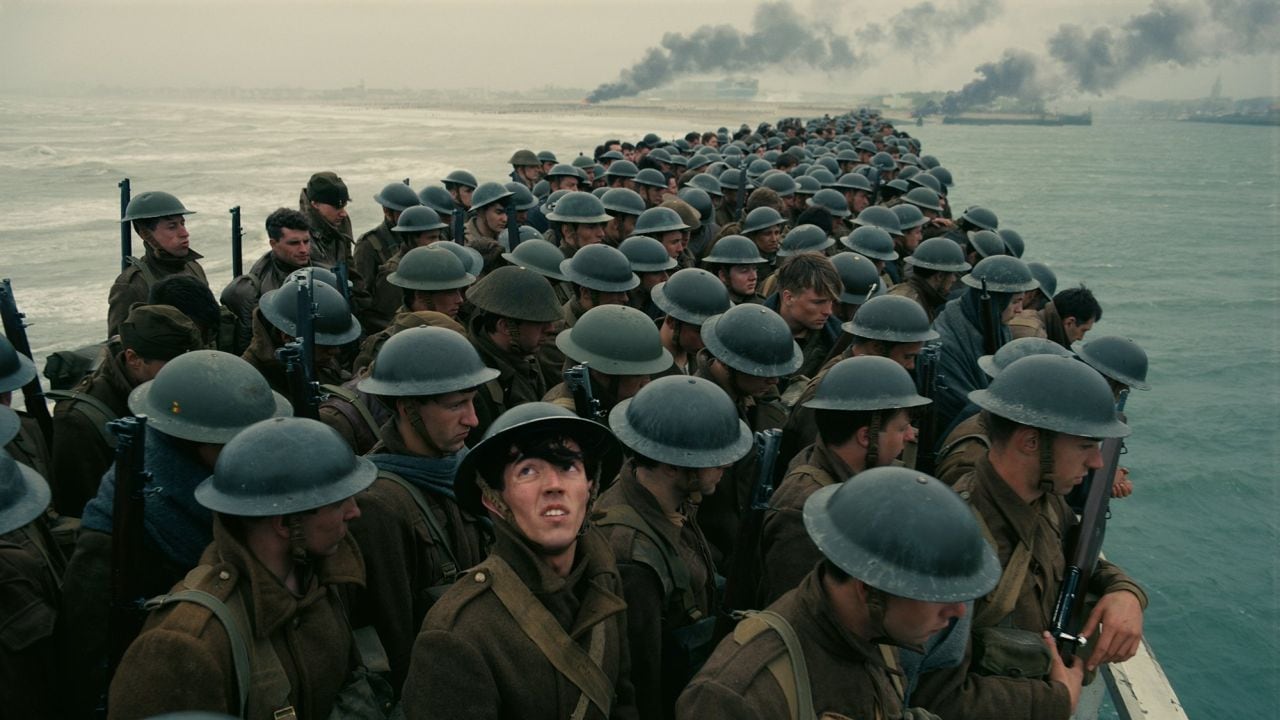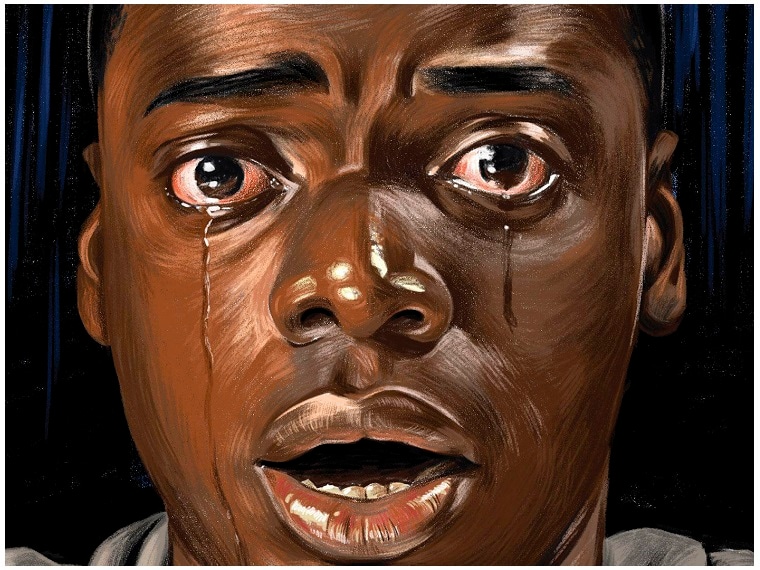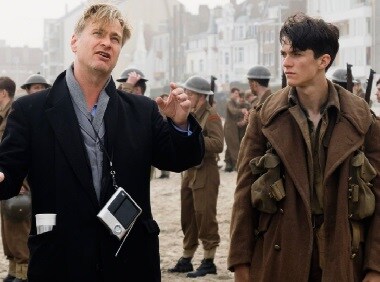Oscars 2018: Christopher Nolan's Dunkirk is unlikely to win Best Picture; here's why
It is difficult to imagine that Ben Affleck or Priyanka Chopra have watched Dunkirk in the original IMAX format. Why does it matter, you ask? That is because these actors are among the 6,687 members of the Academy of Motion Picture Arts and Sciences, who have voted at the upcoming 90th Academy Awards.
Again, why does it matter whether these or any of the other voting members of the Academy have watched Christopher Nolan’s World War II masterwork in the IMAX format? It is because that was how Nolan intended the film to be watched; in some ways, it was the very point of the film.
Dunkirk is unlike any other war film you have ever watched, for so many reasons — Nolan’s trademark non-linear narrative is only one of them. It was meant to be watched in the largest, most immersive format available, because no film comes close to putting the viewer bang in the middle of war, the way Dunkirk did. IMAX might sound like a technical gimmick but for a film like Dunkirk, it is the only existing film format that can do justice to Nolan’s intention behind the film — to provide a sensory cinematic experience to the viewer unlike any they have experienced before this. (If it was merely a cash grab, then the film would have also released in 3D.)
Dunkirk has no good guys and bad guys, and no real plot. There is a vague sense of British heroism in the way the evacuation is carried out, but it is not without a statement on the pointlessness of the war effort.
Look at all the war films to win Best Picture over the years — 16 of them in all, including films such as Steven Spielberg’s Schindler’s List and Kathryn Bigelow’s The Hurt Locker — and you will see that war has been used more as a backdrop. Even in a film as iconic and revered as Spielberg’s Saving Private Ryan, you get something to hang on to — characters, story, hope, redemption; war was the setting for these elements. In Dunkirk, you get only war.
Stunningly shot by Hoyte Van Hoytema, there are certain shots and moments in the film that have such cinematic mastery packed into them, they stay with you long after you have watched the film. (My mind keeps going back to one particular shot early in the film, a couple of seconds of which also appear in the trailer of the film, at 0:39.)
Even the sound design of the film is so subtle and layered but so deeply integrated into the experience of watching the film that the gulf between the big screen and DVD experience of Dunkirk is likely wider than that for any other film in Academy history. (Most Academy members are likely to have watched the film on the DVD screeners they are sent as a part of the voting process.)
Then, there is also the fact that the Academy has a penchant for awarding crowd pleasers, which Dunkirk is definitely not.
This year’s trends indicate that the Best Picture winner might end up being the charming Three Billboards in Ebbing, Missouri (which won Best Film at the Golden Globes and the BAFTA awards) or The Shape of Water (which took away the honours at the Producers Guild of America awards). The former checks the boxes the Academy has lately been fond off — its a feel-good film tackling racism and misogyny in White male America while the latter, Guillermo del Toro’s latest work of fantasy, seems to have the support of those more romantic at heart.
For me, the deserving winner from the nine nominees this year is Lady Bird for Greta Gerwig’s unique handling of the deeply personal story that it seems to be. The film has far more scenes than the average 90-minute film because it comprises of tiny little scenes cutting frequently from one to the other, encompassing the entire high school life of a teenage girl — a highlight reel of high school, if you will. Having such short scenes strung together without a story holding them together is a huge risk but it pays off at the end because you feel you have grown with the character.
But for me, Lady Bird would trump over the other nominees only if Dunkirk and Phantom Thread are not considered, because these two films are the least likely to win. While Paul Thomas Anderson’s Phantom Thread is an exquisitely crafted telling of the kind of love we do not see or hear too much about, losing its chance to win simply because it is far too esoteric for the taste of the grand TV spectacle that is the Oscars, Dunkirk will probably not win because the full impact of the film is likely to have stopped short of reaching the voting members of the Academy. Attempting to club Dunkirk with films such as Three Billboards... and Lady Bird is a thorough disservice to not just Dunkirk, but to the other films as well.
That is not to say that the film professionals, many of them stalwarts, voting to choose the nominees and winners at the Oscars will be unable to look past the fact that what Nolan intended is not going to come through in a DVD viewing of the film. It is just that there is something about, for instance, being inside the cockpit of a World War II fighter while its flying, which we can never imagine without actually being there. Dunkirk, then, is the next best thing.
Published Date: Mar 03, 2018 08:43 AM | Updated Date: Mar 03, 2018 08:43 AM



